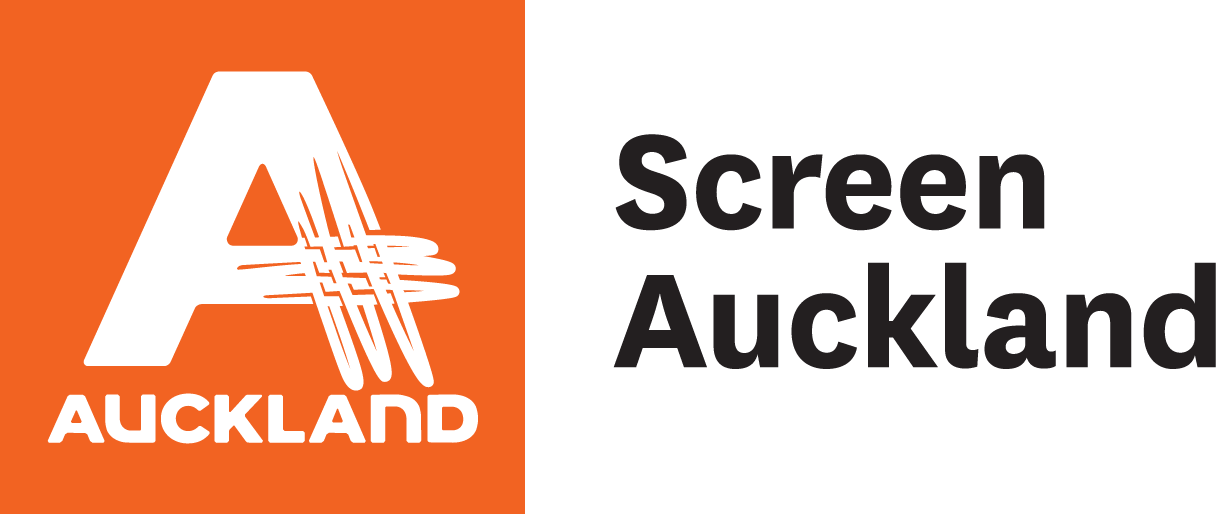|
ACT
Government arts funding, especially from Creative NZ, has become ideological. It has scrapped funding for community Shakespeare because it wasn’t “relevant for a decolonising Aotearoa in the 2020s and beyond.” But Creative NZ funded a show that extolled the murder of James Cook and hunting “white men” with pig hunting knives. An ACT coalition will direct Creative NZ that no funding shall go to activities that are racist and/or promote violence. Creative NZ will be directed that it is investing in the arts for all New Zealanders, including Asian culture, and especially New Zealanders in disadvantaged communities (such as the Otara Sistema programme, which brings music to disadvantaged kids) and rural areas.
ACT will consider selling off up to 50% of TVNZ under the Mixed Ownership Model (MOM). This will lessen the perception that state media is controlled by Government, and bring in investment and commercial accountability, so improving their long-term sustainability.
GREEN
The Green Party will ensure better working conditions, more certainty, and greater opportunities for Aotearoa’s artists and creatives. Arts, culture, and creativity is vital for healthy, vibrant people and communities. Like other community infrastructure, the arts, culture, and heritage need proper support. The Green party will:
Ensure all publicly funded projects pay at least the living wage to artists and expand paid artist residencies including Whiria te Tangata.
Support and invest in repatriating taonga currently overseas, back to iwi, hapū, and whānau Māori.
Provide stable funding for cultural and creative organisations and events both nationally and regionally, including long-term funding commitments for significant creative initiatives such as Te Matatini the New Zealand Symphony Orchestra.
Ensure that there are a range of creative education and training opportunities to support and expand the local creative sector.
Fund alcohol-free venues, and replace arts funding from gambling revenue with stable, increased investment indexed to inflation.
Support increased funding for quality, non-commercial public media that nurtures and promotes our talent and creativity as a nation, reflecting the unique social and cultural diversity of Aotearoa.
Increase resourcing for student, community Māori, and Pasifika media and radio.
LABOUR
Our stories and history are unique. Labour understands the contribution that our artists make to New Zealand. That is why while in Government we made the biggest single investment in the arts, culture and heritage sector in New Zealand’s history through introducing things like the Creative Careers pilot to help people in the creative sector develop non-creative skills and the knowledge required to build financial sustainability.
We introduced an artists resale royalty scheme to ensure that visual artists receive a five per cent royalty payment on the resale of their original works. Labour proudly delivered on our commitment to establish a public holiday, now firmly part of our national identity, to celebrate Matariki. Labour in government will continue to fund events and celebrations which help all New Zealanders enjoy Matariki, fostering connection, exploration of te ao Māori and respect for Matariki mātauranga.
A re-elected Labour government will:
Build on the success of the Creative Careers pilot and New Zealand Music Commission internships funded through the Cultural Sector Capability Fund by investing in a permanent programme to support New Zealand artists to have sustainable and rewarding careers.
Deliver the Erebus memorial, Te Paerangi Ataata- Sky Song. We will leverage the existing detailed design work underpinning this kaupapa and find a new enduring location to commemorate Erebus despite recent weather-related setbacks.
We will also deliver the St James refurbishment by making good on our $15 million commitment to help repair the historically significant St James Theatre.
Continue to fund Te Matatini, recognising it for the taonga it is.
Explore ways to continue the Mātauranga Māori Te Awe Kōtuku programme, which supports iwi, hāpū, whānau and Māori communities to maintain and share their precious and vulnerable mātauranga and taonga.
Bring together the significant work under way in the arts and culture sector including toi Māori and Pacific arts through the Aotearoa Arts Strategy.
We will legislate to ensure that large multinational digital platforms pay a fair price to New Zealand media companies for the local news content they host and share on their platforms, and continue to support our existing public media entities to ensure there is high- quality local content – about New Zealanders, made by New Zealanders. This includes ensuring Māori broadcasting content in Te Reo Māori and also Māori broadcasting content in English. We are committed to public media broadcasting that does not just reflect the indigenous voice but also other minorities and our disabled communities.
NATIONAL
National believes in an independent and strong media landscape. A country where our arts, media and digital successes are celebrated and retained.
NEW NATION
Support for Arts, Culture and Heritage and Broadcasting has traditionally been well catered for in each year’s budget regardless of which political party is in power. We will continue to support the Arts and Culture and Heritage promotion and development. Broadcasting will have to be more self-sufficient, but this does not mean we would cease support in that area. The ability of broadcasting to be free of government leaning promotion is paramount and independence is to be encouraged
|

